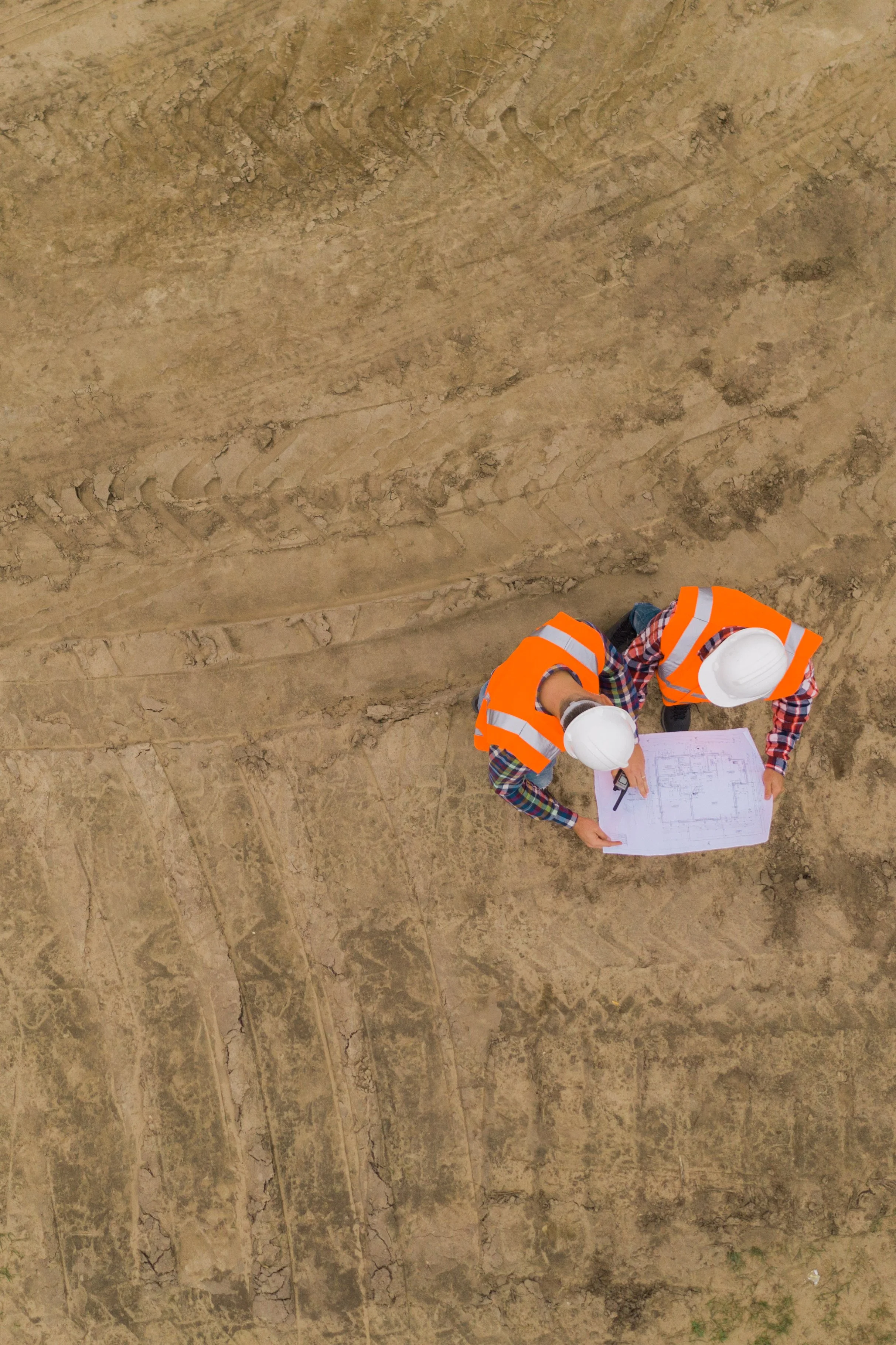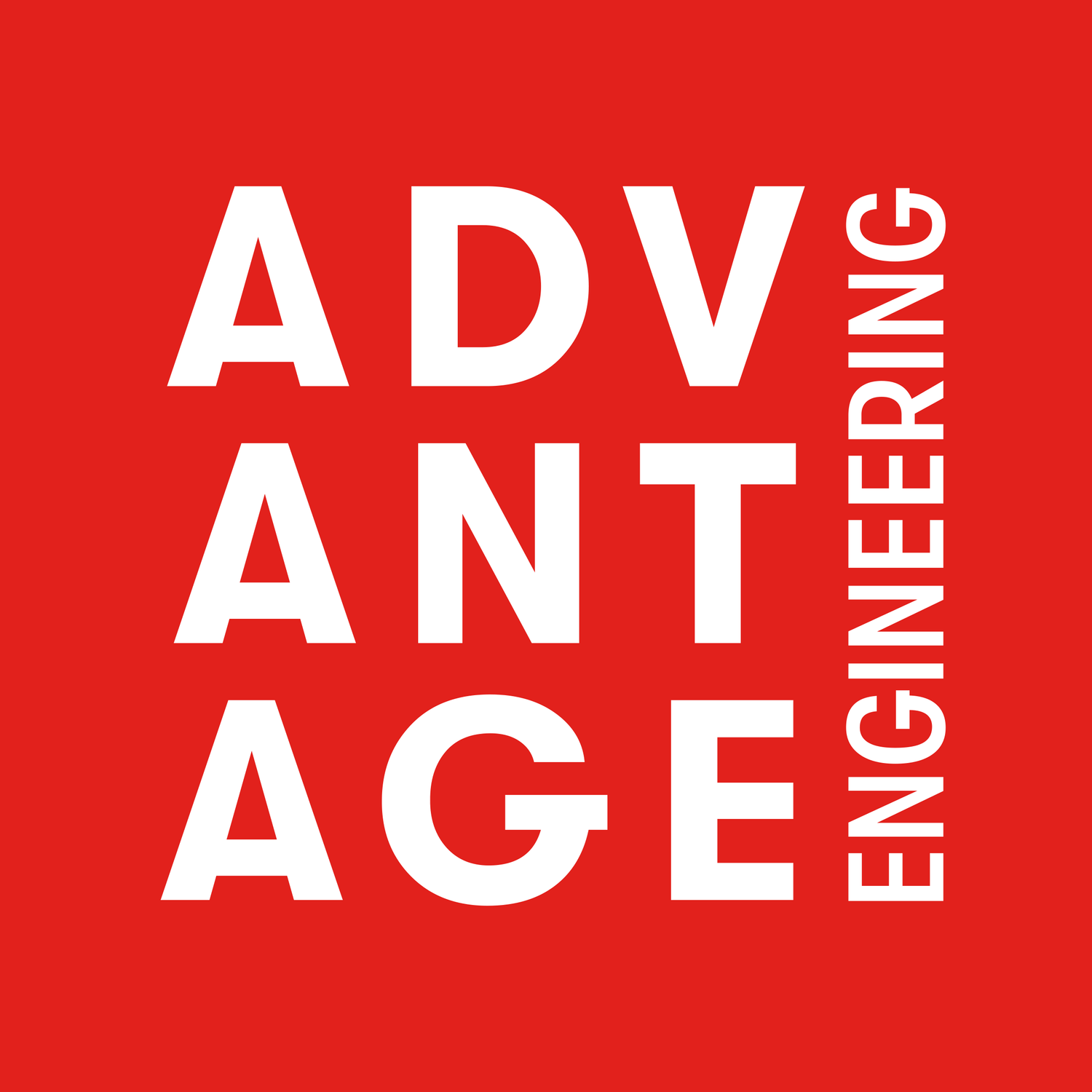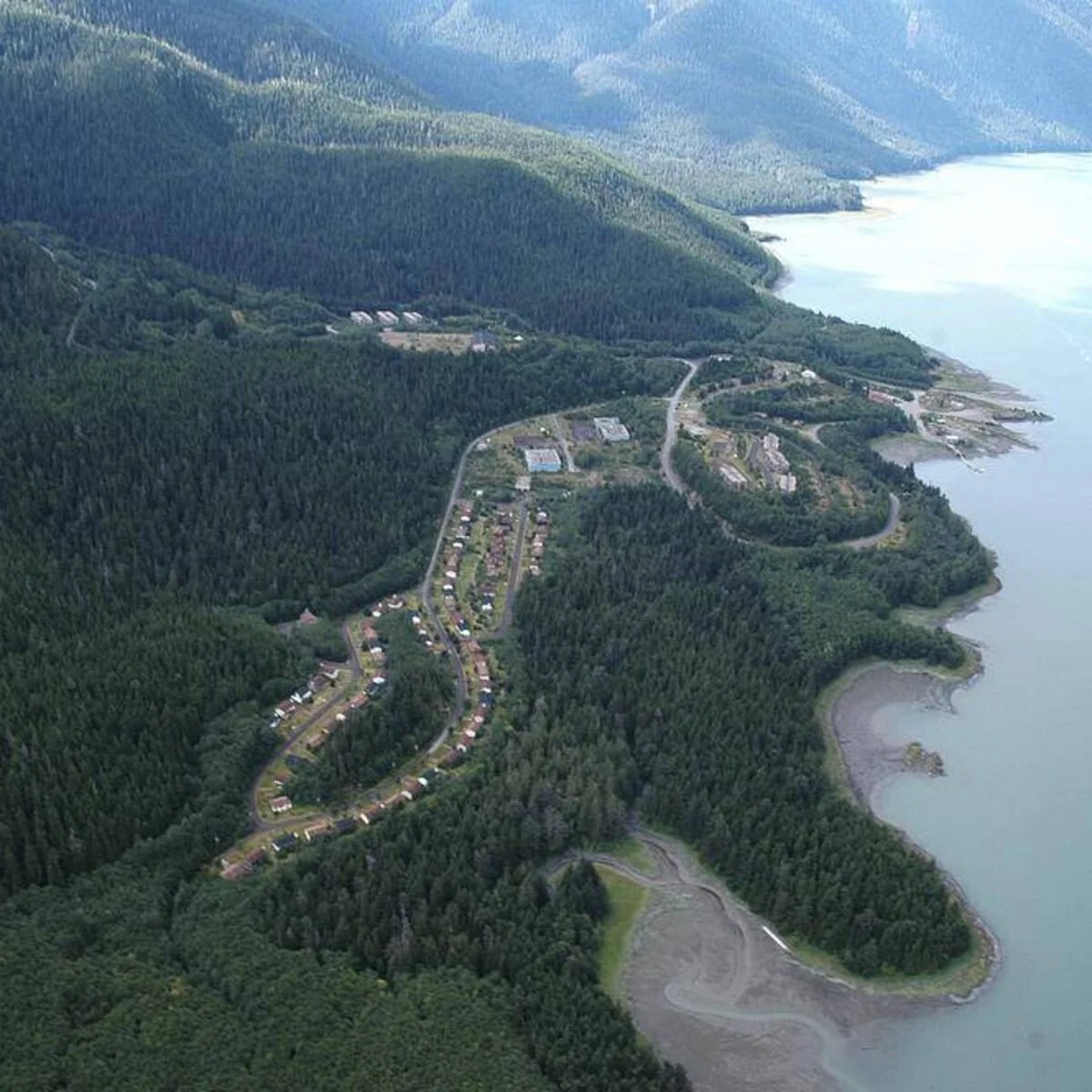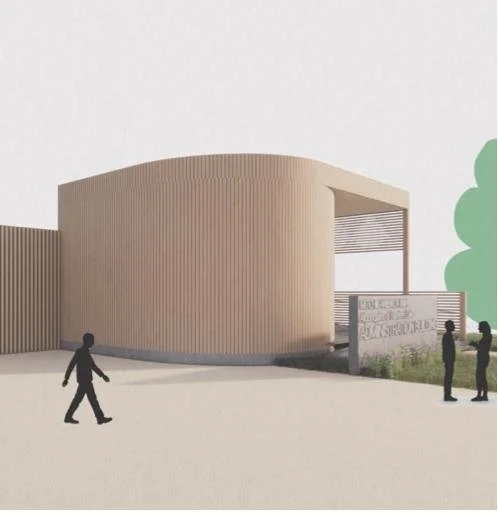
PROJECTS
PROJECTS
At Advantage Engineering Ltd. (AEL), our work goes beyond engineering — it tells the story of collaboration, innovation, and community-first solutions. Each and every project reflects our commitment to cultural integrity and technical excellence.
From energy systems and water treatment to housing and public infrastructure, we partner with Indigenous communities, municipalities, and industry to deliver sustainable, meaningful results.
Explore the case studies below to see how we turn community vision into lasting impact.
Energy Planning & Electrification
Asset Assessments
Community Infrastructure
HVAC / Building Retrofits
Water & Wastewater
Agricultural / Food Security
HEAD START FACILITY ASSESSMENTS
SASKATOON TRIBAL COUNCIL
Saskatchewan
TBD
-
The Saskatoon Tribal Council engaged AEL to assess the condition of its Head Start buildings—early childhood education facilities critical to supporting young families in multiple First Nations communities.
-
AEL deployed a multidisciplinary inspection team to evaluate key infrastructure systems across dozens of sites. The assessment focused on the functionality and long-term viability of HVAC systems, electrical distribution networks, transformers, and other critical building components.
-
The project incorporated long-term planning for community resilience by identifying opportunities for sustainable, scalable upgrades that would support economic and population growth across the Tribal Council’s communities.
-
The assessment has positioned the Saskatoon Tribal Council to pursue funding for capital improvements with confidence, ensuring safety and operational continuity for future generations.
WASTEWATER FACILITY ASSESSMENT
KITSAULT MINING COMMUNITY
Kitsault, Northern British Columbia
TBD
-
In the remote and mostly abandoned mining community of Kitsault, AEL was called upon to evaluate the wastewater treatment plant following a major roof collapse. Kitsault’s geographic isolation and legacy infrastructure presented complex challenges.
-
AEL performed a detailed structural inspection of the wastewater facility, analyzing operational readiness and damage severity. Our team delivered critical technical recommendations to guide rehabilitation and ensure compliance with environmental and health standards.
-
While Kitsault is largely unpopulated today, our assessment considered its potential as a future site for development, tourism, or reclamation, ensuring that infrastructure decisions are adaptable to Indigenous stewardship and economic renewal.
-
The assessment provided essential data for determining next steps in site rehabilitation and infrastructure safety. AEL’s insights help preserve long-term planning optionality for this unique Northern community.

AGRICULTURAL FACILITY DESIGN
NUXALK NATION (BELLA COOLA)
Bella Coola, British Columbia
TBD
-
In the remote coastal valley of Bella Coola, the Nuxalk Nation sought to enhance local food sovereignty and reduce reliance on imported goods by developing a community-scale agricultural facility.
-
AEL designed a robust, climate-resilient agricultural structure tailored to the environmental conditions of the central BC coast. The facility was engineered for energy efficiency, functional utility, and long-term operational performance, using sustainable design principles that support local growing capacity.
-
The design was rooted in the community's goals for food security and land stewardship. Traditional knowledge and ecological context guided key decisions in site planning, passive systems, and material selections.
-
The project strengthened community resilience by increasing local food production capacity. It also provided a platform for education, intergenerational knowledge-sharing, and year-round cultivation infrastructure.
HVAC Retrofit
Ts’kw’aylaxw First Nation
Pavilion Indian Band, near Lillooet, British Columbia
TBD
-
Following fire-related damages to key facilities, Ts’kw’aylaxw First Nation required a full HVAC system retrofit across community buildings, located in a semi-arid region with significant seasonal temperature swings.
-
AEL delivered custom HVAC solutions that balanced high performance with low maintenance. The retrofit emphasized durability, simplicity, and improved energy efficiency to suit the local climate and remote access limitations.
-
Respecting the community's vision of healing and restoration, AEL prioritized transparent coordination with local leadership and designed systems to support safe, comfortable, and welcoming spaces for residents on reserve.
-
The upgraded systems restore essential services while laying a foundation for future capital improvements aligned with the Band’s infrastructure and health goals.
OFF-DIESEL ENERGY PLANNING
ALGONQUINS OF BARRIERE LAKE
Rapid Lake (Kitiganik), Quebec
TBD
-
The Algonquins of Barriere Lake community faces energy instability due to reliance on diesel power. AEL was selected to lead the Off-Diesel Energy Initiative and develop a comprehensive transition strategy.
-
AEL conducted site-wide energy audits, infrastructure condition assessments, and feasibility studies to support the adoption of cleaner, community-owned energy systems. Data-driven models were created to evaluate technical scenarios for energy independence.
-
Community participation was embedded at every stage—from household energy audits to planning sessions with leadership. Skills training initiatives were incorporated to build local capacity in maintaining and scaling sustainable systems.
-
This work lays the groundwork for long-term energy self-reliance, supporting climate resilience, reduced emissions, and local economic opportunity.

SCHOOL ELECTRICAL & MECHANICAL INSPECTION
KITIGANIK SCHOOL
Rapid Lake (Kitiganik), Quebec
TBD
-
Due to recurring power outages and electrical instability at Kitiganik School, the Algonquins of Barriere Lake requested a comprehensive inspection to diagnose root causes and ensure student and staff safety.
-
AEL conducted a full audit of the school’s electrical and mechanical systems—including circuit panels, supply lines, HVAC, and safety components. The team used 3D Matterport scanning to create a detailed digital twin of the school for documentation and analysis.
-
The project was coordinated in alignment with the community’s values around education, health, and transparency. Visual reporting and walkthroughs ensured that school staff and community leaders could understand and act on the recommendations confidently.
-
The inspection identified critical safety hazards and enabled the community to prioritize electrical repairs and seek funding. The Matterport scan now serves as a tool for future planning and grant applications.
CULTURAL LODGE & NATIVE LANGUAGE Centre Design
CENTRE DESIGN
Rapid Lake (Kitiganik), Quebec
TBD
-
AEL collaborated on the visioning and early-stage planning for a Cultural Lodge and Language Centre that would serve as a cornerstone for cultural preservation, healing, and land-based learning.
-
The design process was informed by in-depth community consultation, integrating Indigenous knowledge systems with contemporary building science. The team prioritized flexible space planning, energy efficiency, and materials that reflect place and identity.
-
The concept emerged from dialogue with Elders, youth, and cultural advisors. It honors the interconnection between physical, intellectual, emotional, and spiritual dimensions of Indigenous well-being and reflects the intent to create a living space that holds stories, ceremonies, and language.
-
The vision sets a precedent for community-driven infrastructure rooted in cultural resurgence and self-determination.

FIRE SAFETY INSPECTIONS
CASE STUDY
Rapid Lake, Quebec
TBD
-
The Algonquins of Barriere Lake identified urgent safety concerns across community homes and initiated a fire safety inspection initiative to bring all dwellings into compliance and protect families.
-
AEL conducted on-site inspections of homes, examining smoke detectors, fire extinguishers, exits, windows, and electrical hazards. Each household received a photo-based inspection report with specific recommendations for upgrades.
-
The process was designed to be respectful and educational, emphasizing open communication and cultural sensitivity. Reports were translated into accessible formats to support informed follow-up actions by each household.
-
The inspections increased safety awareness and set a clear path toward compliance with fire code standards. Follow-up coordination is underway to address priority deficiencies and seek funding for retrofit work.
HEAD START SCHOOL EXTENSION
ALGONQUINS OF BARRIERE LAKE
Rapid Lake, Quebec
TBD
-
The Algonquins of Barriere Lake required an expansion to their Head Start K4–5 education facility to better serve the growing needs of young learners in the community. AEL was engaged as both consultant and construction manager from concept to completion.
-
AEL provided full-spectrum project management: site assessments, budgeting, scheduling, contractor coordination, and quality assurance. The design emphasized sustainability, durability, and functionality, with materials selected for local climate resilience and low maintenance.The extension with a focus on functionality, sustainability, and long-term durability.
-
The project was grounded in transparency and collaboration with the Chief and Council. AEL ensured that cultural values and community priorities were embedded at every phase—from material procurement to safety protocols—while keeping the education environment culturally relevant and secure.
-
The extension has improved classroom capacity and learning conditions for early childhood education in Rapid Lake. The inclusive process also fostered trust, capacity building, and pride in a space created for—and with—the community.
Community Energy Modernization
ALGONQUINS OF BARRIERE LAKE
Rapid Lake, Quebec
2024 - Ongoing
-
The Algonquins of Barriere Lake (ABL) community has long relied on aging diesel generators for power. Facing environmental, economic, and reliability challenges, the community sought a pathway toward energy sovereignty through renewable energy solutions.
-
Advantage Engineering, alongside local partners, conducted feasibility studies on solar, battery storage, and microgrid integration. A detailed assessment of existing diesel infrastructure, community energy use, and renewable potential was undertaken, ensuring alignment with traditional land stewardship values.
-
Community workshops and consultation sessions grounded the project in local knowledge, with an emphasis on training and long-term capacity building for community members in energy management and operations.
-
A strategic energy roadmap highlighting solar + battery storage as the primary solution, delivering potential GHG reductions of up to 89%, long-term cost savings, and the creation of local energy sector employment opportunities. The project is moving toward detailed design and implementation, positioning ABL for greater energy independence and sustainable economic growth. Community training programs and job creation remain central to the initiative’s success.
Infrastructure & Hybrid Microgrid Pilot
ALGONQUINS OF BARRIERE LAKE
Rapid Lake, Quebec
2024 - 2025
-
The Algonquins of Barriere Lake (ABL) sought to expand their existing administration building to serve as a hub for community connection, support services, and digital resource access. Beyond creating a welcoming and multifunctional community space, the project presented an opportunity to integrate a hybrid microgrid system, combining renewable energy generation, storage, and smart controls.
-
Designed in partnership with Advantage Professional Services, Masatierra Energy Inc., and Toad Architectural, the project focused on culturally responsive design paired with innovative energy solutions. ABL’s new facility integrates a hybrid AC/DC microgrid system with a centralized control panel, solar PV generation, high-voltage battery storage, and a high-efficiency heat pump—all designed for hands-on community use and learning.
-
The addition to the band office was envisioned not just as a building, but as a safe, welcoming environment for food sharing, community gatherings, and digital services. By embedding microgrid controls directly into the community space, the project fostered transparency, access, and energy literacy—empowering community members to engage with and manage their energy systems.
-
A fully integrated community space and hybrid microgrid prototype.
Installation of a 20kWh high-voltage battery, solar generation system, smart heat pump, and centralized energy control unit.
Capacity-building workshops and engagement activities designed to prepare local technicians for system monitoring and maintenance.
Pilot of a scalable 48-volt residential system to extend energy sovereignty beyond the community center.
The project positions ABL at the forefront of Indigenous-led clean energy innovation. With the band office now serving as a model for hybrid microgrid integration, ABL is building pathways for community-managed energy systems across the region. The initiative sets a precedent for how Indigenous communities can drive technical adoption while preserving cultural integrity—supporting broader national goals for clean energy transition, reconciliation, and community resilience.
Hydroshift ProjectS
INDIGENOUS PARTICIPATION IN SMR SUPPLY CHAIN
SK & Remote Canadian Regions
2023 - Ongoing
-
Small Modular Reactor (SMR) deployment is a key pillar of Canada’s clean energy future. However, Indigenous participation in the nuclear supply chain remains limited due to systemic barriers. Hydroshift Projects Inc., with Advantage Engineering, launched an initiative to bridge this gap by engaging Indigenous communities as co-developers and economic partners in SMR deployment.
-
Using a six-step delivery framework—spanning opportunity identification, feasibility, engineering design, delivery, training, and ongoing support—the project integrates Participatory Action Research (PAR) and OCAP® principles to uphold Indigenous data sovereignty and community-led development.
-
Hydroshift centers Indigenous leadership by embedding cultural knowledge in project design, training community members for technical roles, and fostering partnerships that reflect mutual respect and shared economic benefit.
-
Established foundational partnerships with Indigenous communities in Saskatchewan, advanced SMR feasibility studies, and secured broad support from industry partners for Indigenous-inclusive supply chain development. The project continues to expand partnerships and capacity-building programs, setting a precedent for Indigenous leadership in Canada’s nuclear sector and contributing to clean energy supply chain resilience.













